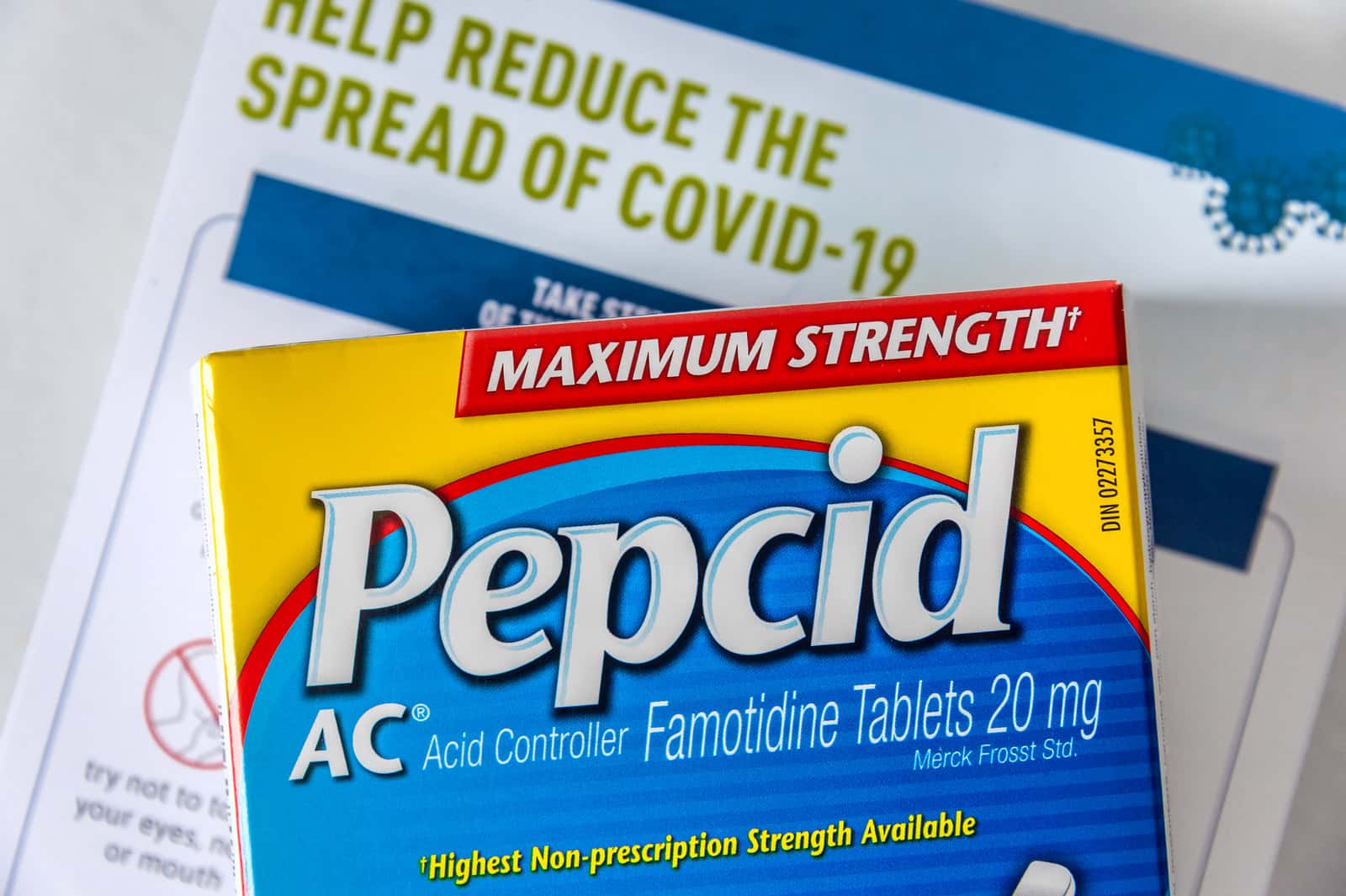
Scientists and physicians have been scrambling to find drugs that could help alleviate the symptoms of COVID-19. To date, there is no medicine that has been approved to treat this pandemic disease, and there is still no vaccine to prevent infection. But researchers are now conducting a trial to see whether an old heartburn medication could have a surprising new use.
Does Famotidine Have a Surprising New Use Against COVID-19?
Investigators actually began the trial on April 7, 2020, in Northwell, a New York City hospital system. Researchers hope to include 1,174 participants in the study. Some would get famotidine (intravenously at high dose). At the same time, others would get placebo. So far, 187 volunteers are participating.
Treating COVID-19 would truly be a surprising new use for the over-the-counter heartburn medicine. Why would doctors press this acid-suppressing drug, known as an H2 blocker, into service? An infectious disease specialist, Dr. Michael Callahan, was in Nanjing, China, in January of this year to study avian influenza. At that time, COVID-19 was erupting into an epidemic. Dr. Callahan accompanied his Chinese colleagues to Wuhan, the center of the epidemic, to help as much as possible. Many elderly patients were dying, but he noticed that many of the survivors were poor peasants. When he looked into their cases, he found that most of these people suffered from chronic heartburn. But instead of taking a pricier PPI such as omeprazole, they purchased the medicine they could afford. That turned out to be famotidine.
From China to the US:
Dr. Callahan’s observation in Wuhan was not enough to demonstrate that famotidine actually has a surprising new use. However, he paid attention. In addition, when he returned to the US where the infection was making tragic inroads, he proposed a study.
First, researchers needed to figure out whether there was any plausible way famotidine would slow replication of SARS-CoV-2, the virus that causes COVID-19. With great difficulty, they estimated that it may affect an enzyme essential for viral replication.
In summary, preliminary results (and some anecdotes) are promising. (You can read more in this article in Science.) However, we won’t know for weeks whether Dr. Callahan really found a surprising new use for famotidine, saving lives from COVID-19.

